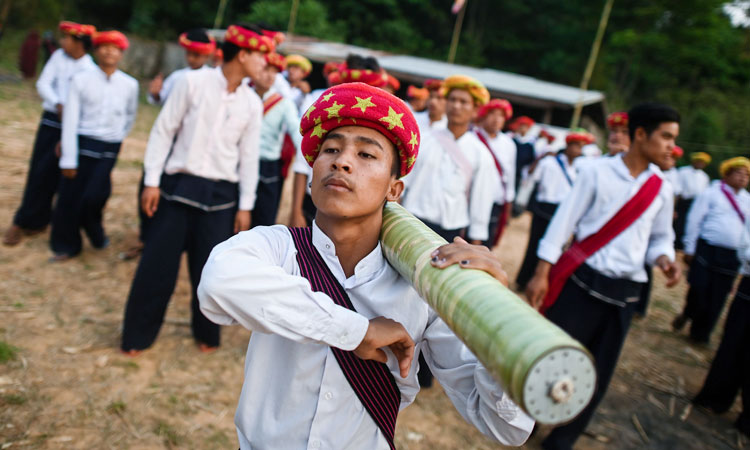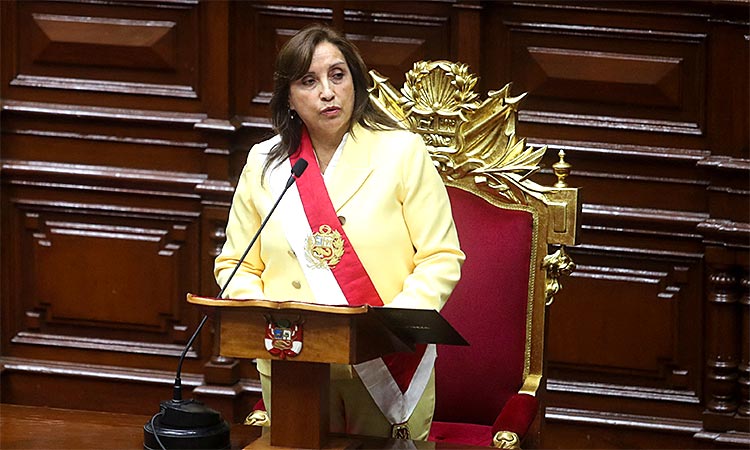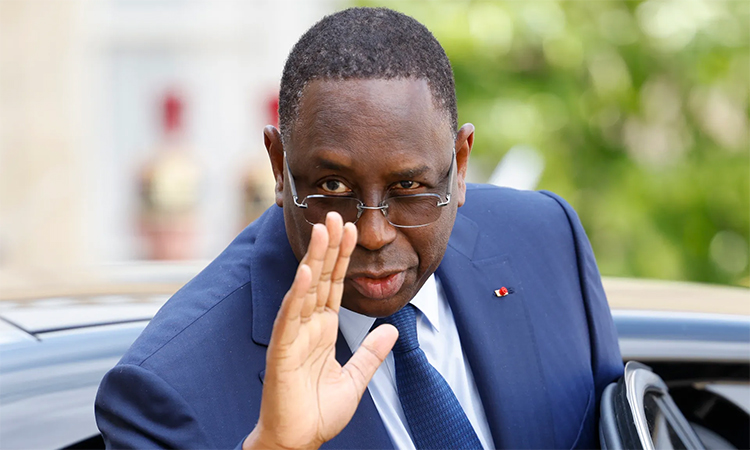Democratic tussle in Peru, between Congress and president

Pedro Castillo addresses the nation in a recorded message, in Lima, Peru. File/Reuters
He told the Congress: “Peru is going through an institutional crisis without precedent. We will send to the Congress of the republic a set of reforms that will allow us to overcome this structural crisis.” He said that the Congress should respect popular will as expressed in the elections. It is then a struggle between a popularly elected executive and the legislature’s right to check the executive. The checks-and-balance system is now one of the accepted norms in the constitutional structure.
South American democracies in general have been facing this problem where the legislature and the executive are at loggerheads, whether in Brazil or on Bolivia. Leftist-oriented popular leaders like Luiz Inacio Lula da Silva and his successor, Dilma Rousseff, faced corruption charges and there was a tussle between the executive and the judiciary. Lula and Rousseff were convicted. Then there is the case of the popular Bolivian leader of indigenous descent, Evo Morales, who had introduced a new constitution, but again a corruption scandal has marred his prospects and he resigned when the army chief had asked him to do so.
Compared to the political turbulence in many African countries, the political turmoil in South American countries goes through crises but seems to regain the constitutional structures and the democratic processes. The political turbulence can possibly be attributed to the economic conditions of the people. Like Africa, South America is rich in mineral resources. For example, Peru is rich in copper mines.
Political stability in that continent becomes a crucial factor so that economic growth is not affected. In the last 30 years and more, governments in South America have swung between populists with leftist leanings and right-wingers who supported market forces. Ferdinand Cardoso, who had defeated Lula in Brazil, managed to push his country’s economy into a growth trajectory.
What is interesting about South American politics is that leaders with popular support have tried to strengthen democratic governance in their respective countries. Peru’s Castillo is also struggling to stabilise the constitutional structures. The reforms he proposes are aimed at keeping the balance between the legislature and executive. It is also being acknowledged that Castillo despite his leftist politics is not rigidly ideological, and in his choice of the cabinet he has been reaching out to technocrats and the financial experts.
And he is also not trying to undermine the legislature though his prime minister Anibal Torres advised him to call for an early national election, which is due in 2026, in mid-2023. Castillo however is clear in his mind that the constitutional structure should not be used to rock the political system. He told the Congress while defending himself against corruption charges: “I understand the power of the Congress to exercise oversight and political control, however, these mechanisms cannot be exercised by mediating the abuse of the right, proscribed in the constitution, ignoring the popular will expressed at the polls.” This is indeed the nub of the dilemma, the balance between legislative oversight and respect for popular mandate. Of course, popular mandate cannot be used as a shield for either corruption or abuse of power, and legislative oversight cannot mean paralysing the executive. There is a real democratic tussle on in Peru.







